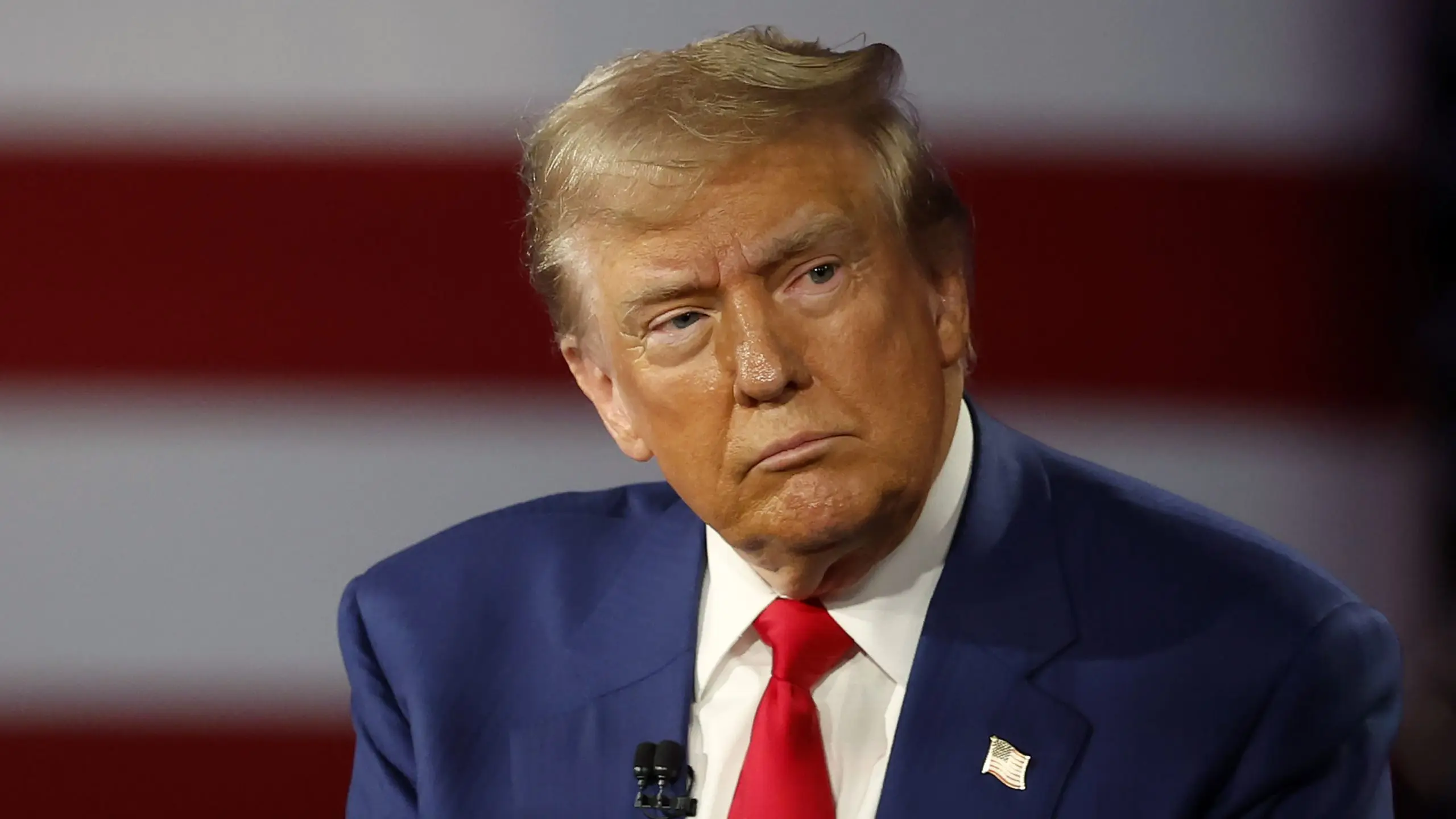Introduction
In a startling development, Donald Trump has made headlines by responding to the recent admission by the accuser in the Duke lacrosse case, who acknowledged that her allegations were false. This incident, which occurred over a decade ago, had far-reaching implications not only for the individuals involved but also for the perceptions of justice and accountability in the broader context of sexual assault accusations. Trump’s remarks spark a renewed discussion about the complexities of such cases, the societal impact of false allegations, and the importance of ensuring justice for all parties involved.
The Duke Lacrosse Case: A Brief Overview
The Duke lacrosse case emerged in 2006 when a female student accused members of the Duke University lacrosse team of sexual assault. The allegations set off a media frenzy and led to significant public outcry, protests, and a swift response from the university, which resulted in the suspension of the team. However, as the case unfolded, serious questions arose regarding the credibility of the accuser’s claims. In 2007, after a thorough investigation, the North Carolina Attorney General declared the players innocent, citing a lack of evidence and issues with the accuser’s testimony.
The Recent Admission
Recently, the accuser publicly admitted that she had fabricated the allegations, leading to a wave of reactions across various sectors, including politics, media, and social justice advocates. This admission not only highlights the potential consequences of false accusations but also raises concerns about the impact on genuine victims of sexual assault who may hesitate to come forward due to fear of disbelief or backlash.
Trump’s Response and Its Implications
Donald Trump’s reaction to the accuser’s admission has been multifaceted. He has utilized this opportunity to emphasize themes of justice and the need for accountability, stating that false allegations can irreparably damage lives and careers. Trump’s comments have reignited discussions about the broader implications of false accusations in the context of the #MeToo movement, where the balance between supporting victims and ensuring fair treatment for the accused remains a contentious issue.
Key Points from Trump’s Statement
- Justice for the Accused: Trump emphasized that false accusations undermine the credibility of legitimate claims, making it more difficult for true victims to receive justice.
- Accountability: He called for greater accountability for individuals who make false allegations, suggesting that there should be legal repercussions for those who knowingly lie.
- Impact on Society: Trump pointed out that the ramifications of false claims extend beyond the individuals involved, affecting societal trust in the legal system and the reporting of sexual assault cases.
The Broader Context of False Allegations
While Trump’s remarks resonate with many who advocate for the accused, it is essential to approach the topic with nuance. False allegations, while harmful, are statistically rare. The National Sexual Violence Resource Center states that only 2% to 10% of sexual assault reports are false. However, when false claims do occur, they can have devastating effects.
Impacts on Victims and Accused
The fallout from false allegations can be severe for both the accused and actual victims of sexual violence. For those wrongfully accused, the stigma and damage to reputation can be lifelong, affecting personal relationships, career opportunities, and mental health. Conversely, the focus on false claims can lead to skepticism about legitimate accusations, contributing to a culture of silence where victims feel unsafe reporting their experiences.
Legal and Societal Responses
In light of these complexities, legal systems across the globe are grappling with how to balance the rights of the accused with the need to support victims. Some advocates argue for reforms in how sexual assault cases are handled, promoting a victim-centered approach that does not ignore the rights of the accused.
Potential Legal Reforms
- Increased Training for Law Enforcement: Educating law enforcement on the nuances of sexual assault cases can lead to more sensitive and effective investigations.
- Expanding Support Services: Providing comprehensive support for victims, including legal aid and counseling, can empower survivors to come forward without fear of invalidation.
- Legislation Against False Reporting: Some states are considering or have implemented laws that impose penalties for knowingly making false allegations, aiming to deter potential misuse of the system.
The Role of Media and Public Perception
The media plays a crucial role in shaping public perception of both sexual assault cases and the individuals involved. Sensationalized reporting can exacerbate the plight of the accused while, at the same time, overshadowing the voices of genuine victims. Thus, responsible journalism is vital in fostering a balanced understanding of these issues.
Ethical Journalism Practices
- Fact-Checking: Journalists must prioritize accuracy over sensationalism, ensuring that claims are substantiated before publication.
- Respecting Privacy: Media outlets should be cautious not to disclose sensitive information that could further harm those involved in such cases.
- Giving Voice to Victims: Ethical coverage should involve amplifying the voices of actual victims while recognizing the complexities of each case.
Conclusion
Donald Trump’s reaction to the Duke lacrosse accuser’s admission brings to light critical discussions about justice, accountability, and the complexities surrounding sexual assault allegations. As society continues to navigate these challenging issues, it is essential to strike a balance that supports genuine victims while ensuring that the rights of the accused are protected. The dialogue initiated by these recent events underscores the importance of thoughtful discourse, legislative reforms, and responsible media coverage in fostering a fair and equitable justice system.
See more CNN Headline


